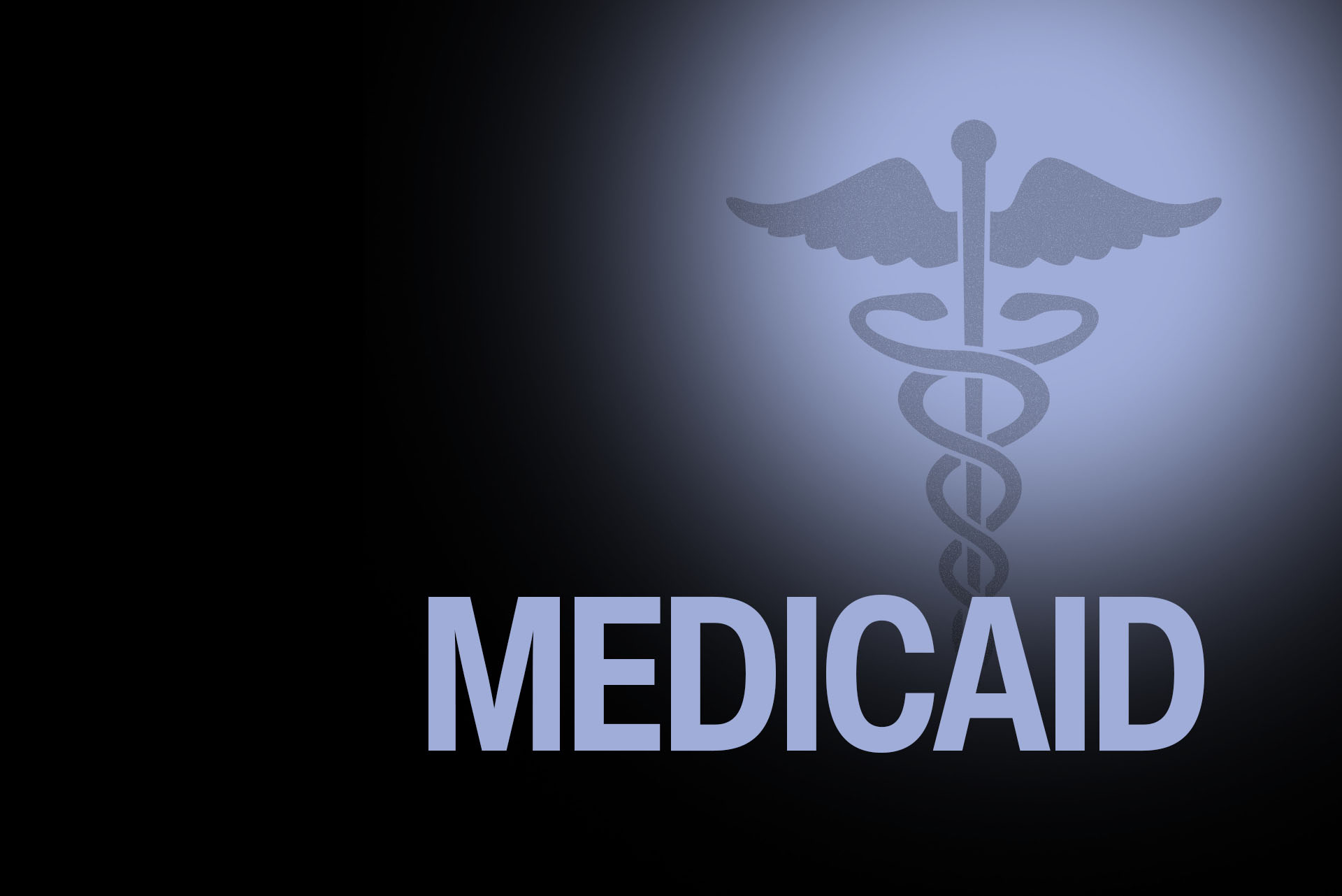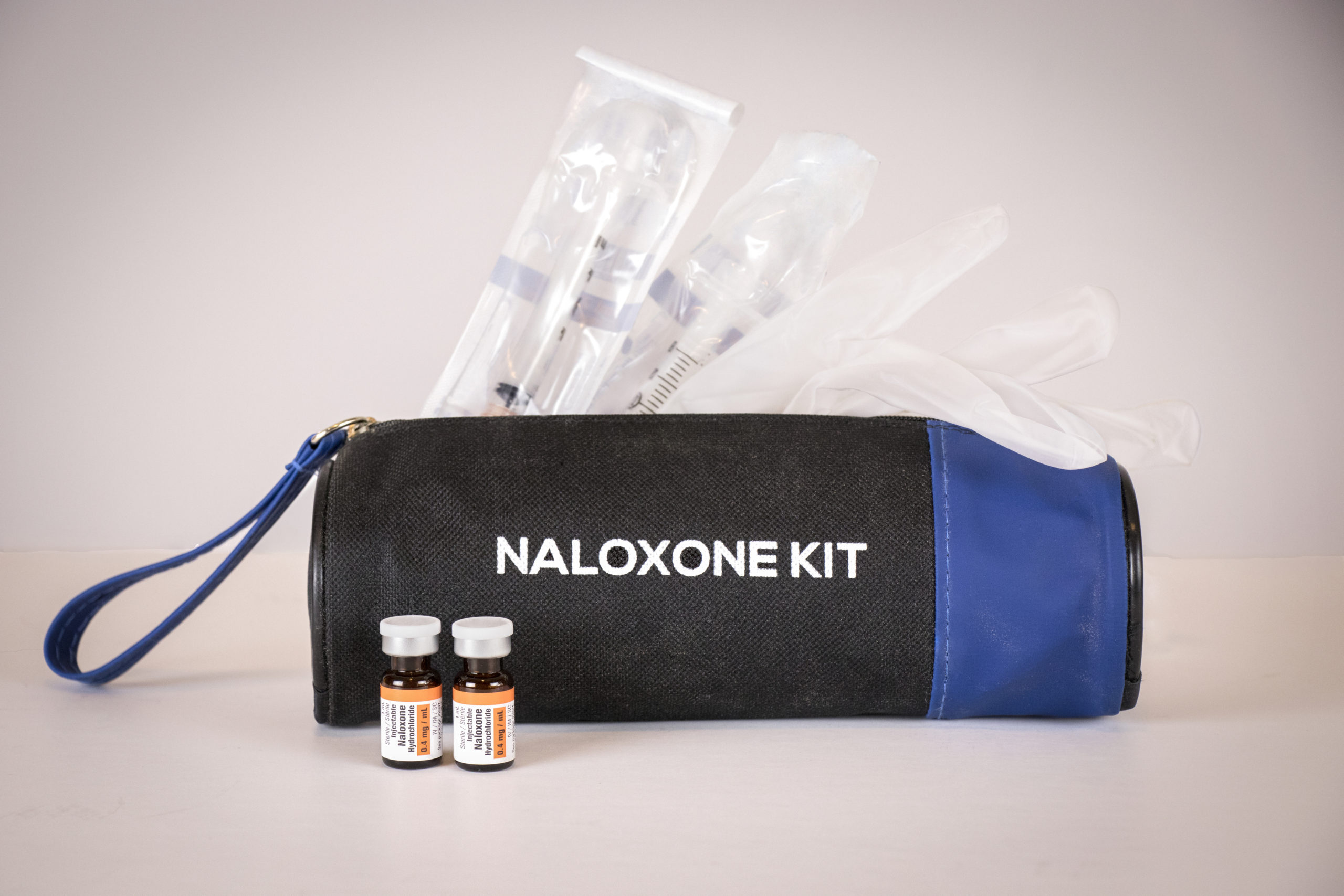Substance Use Disorder Recovery Research Opportunities: Perspectives From a Federal Interagency Workgroup
In 2024, the Office of National Drug Control Policy (ONDCP) convened an interagency working group (IWG) comprised of 30 federal agencies to identify federal recovery research gaps and opportunities on recovery from substance use disorder (SUD). This article outlines the process undertaken to identify these research opportunities and describes four core research topic areas and three cross-cutting themes and provides the rationale for their selection. It also identifies potential pathways for recovery research, including evaluation and data collection activities, and discusses challenges and potential opportunities for recovery research....









